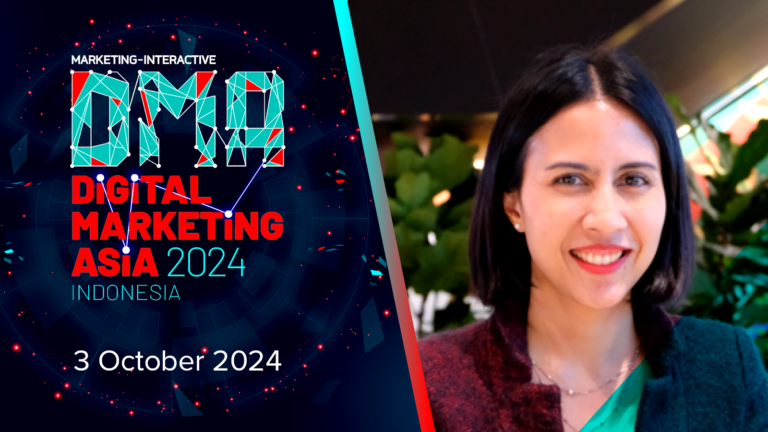In an era where data privacy concerns are at an all-time high, brands are faced with the challenge of maintaining consumer trust.
This is especially true when three in five APAC consumers are bothered by a lack of data privacy, compared to rates nearly half that in other regions. Yet, according to Twilio’s State of Personalisation Report 2022, 62% of consumers expect personalisation, saying that a brand will lose their loyalty if their experience is not personalised.
For instance, 49% said they will become repeat buyers if personalisation is offered. Meanwhile, nearly 80% of business leaders say consumers spend more (34% more on average) when their experience is personalised.
The expectation is clear: when consumers provide their data to a brand, it should be treated with the utmost care, compliance, and responsibility. This foundational trust is essential for nurturing long-lasting relationships, according to Citra Ramadhan, head of marketing tech and consumer data at Nestlé Indonesia.
Don’t miss: Nestlé wraps media pitch, hands entire ASEAN account to one agency
Ramadhan explained that with regards to the exchange of data and value, it is a must for any business to have a clear objective as to why they are collecting consumer data in the first place. This also requires businesses to provide a proper plan on how they can deliver the expected personalisation that consumers are seeking.
She added that this should already be a must-have item in a business’ checklist. “Starting and sustaining this relationship between consumer and brands requires the foundation of authenticity and transparency,” she said, adding that at Nestle, it always stars by asking how it can build a seamless data journey for its consumers which will help it structure the flow.
The next step, Ramadhan said, is ensuring that it gets consent. “This is a must to protect privacy and helps to inform consumers as to how their data will later be used. We are building trust from the very beginning,” she said.
Lastly, Nestle thinks about how it can activate the data that will enable expected experiences through CRM or a media approach. For example, she said, it collects information based on the stages its mothers and kids are in in order to better feed the right content within their stage journey.
Finally, Ramadhan suggests that a brand be proactive by conducting a survey or directly contacting consumers to get their feedback.
“Brands can also provide ways for their consumers to communicate with them through brand channels such as websites of social media,” she said. “However, what’s more important is that brands or businesses manage how fast we can act on this feedback, to ensure that we deliver the best consumer experience that can foster trust and credibility.”
She added:
Two-way communication with consumers can also ensure that businesses get honest reviews from their consumers which will then help build trust between them both.
Digital Marketing Asia returns to Jakarta on 3 October, bringing the hottest trends, tech, and insights to future-proof your strategies. Network with 150+ industry leaders, discover cutting-edge tools, and learn from real-world case studies – all designed to propel your brand growth. Don’t miss this chance to stay ahead of the curve!
Related articles:
Nestlé’s Berry Burst ice cream bursts onto highways with 3D OOH campaign
Flash Coffee HK and Nestlé Milo create unique beverage experience for consumers
The Original Beverage picks new creative partner

